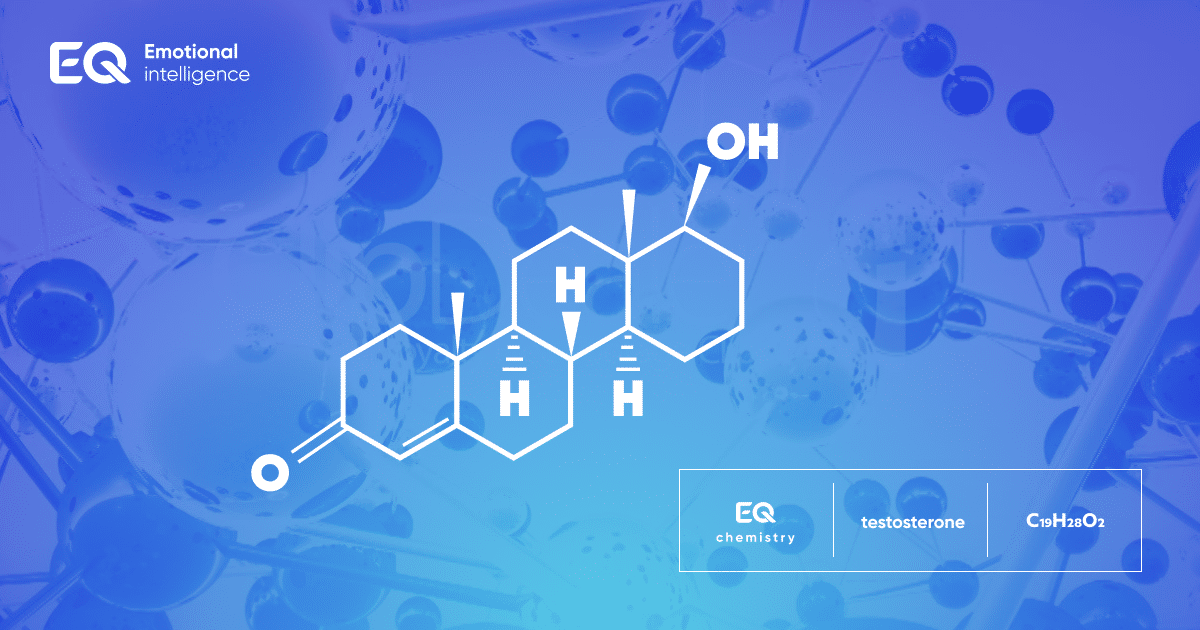Did you ever feel passion for something? Then you know what is “enthusiasm”. That feeling is like wing-beat of opportunity, grants extraordinary strength for active action and achievement of a specific goal. Certainly, enthusiasm can start from the barely noticeable breeze of inspiration then is can rise to the size of “burning” and insane gambling.
Are you already wondering what chemicals are involved in this?
Let’s consider the action of TESTOSTERONE.
Testosterone is a male sex hormone synthesized in both men and women. He is responsible for the formation of libido, and in the emotional sphere – for the feeling of confidence and victory.
Enthusiasm, accompanied by a “spark” for a specific goal, will be fueled by Testosterone, which in turn affects the achievement and victory over rivals, if any. Testosterone is more about competition and success, which often go hand in hand with an enthusiastic surge.
Excessive testosterone levels, which develop with constant competition, can attract depressive conditions if competition is stopped, such as in retired professional athletes.
Testosterone is the component of enthusiasm that drives excitement and engagement, focus and confidence in action.

NORADRENALIN
Exactly this hormone, as known as hormone of rage, in small quantities it gives feeling of excitement, victorious joy and pleasure from risky transactions. Norepinephrine is an adrenal hormone, a mediator of “wakefulness”.
Norepinephrine, like adrenaline, activates survival mechanisms – attack or flight. The “attack” caused by norepinephrine is the active work of the brain, an increase in blood pressure and muscle tone, the subsequent state of rage, anger, and in small quantities – courage and determination. Small doses of adrenaline increase the concentration needed, for example, to quickly resolve conflicts.
Interestingly, in the animal kingdom, predators have more cells that produce norepinephrine than their potential prey. That is, predators have a more active “hit” program, while potential victims “run”.
In the big picture that makes up enthusiasm, it is clear that strong feelings of passion and excitement are the work of the hormones of confidence and action – testosterone and norepinephrine.
But how can one forget about the pleasant and inspired state of delight, liveliness and uplifting spirit? Here, of course, it was not without the “lucky three” – SEROTONIN, DOPAMINE, OXITOCIN. These hormones produce feelings of joy, happiness, and optimism, giving the state of enthusiasm a positive coloration.
Serotonin is a hormone and neurotransmitter that promotes cognition of the world and a positive effect on motor function – the “Move mountains” state.
Dopamine is a natural motivator to act for pleasure and joy.
Oxytocin is a hormone of trust that gives you the feeling that you are needed and that you have a “place in the sun”.


Recent Comments